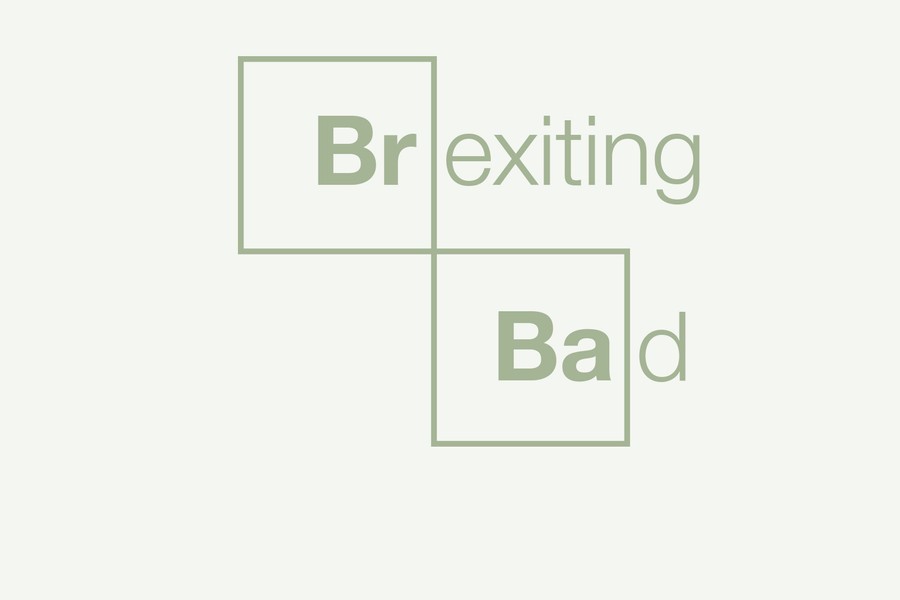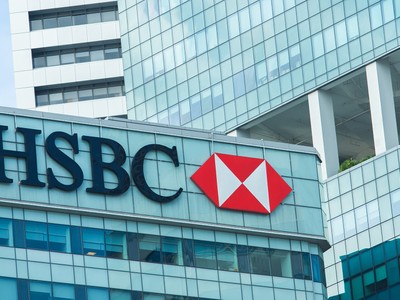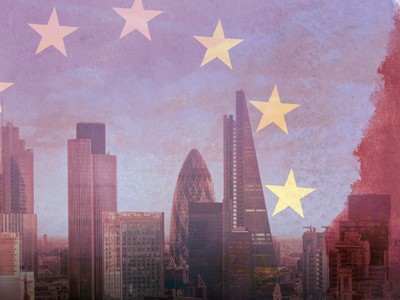Only four months remain until Brexit day, March 29. Come the morning of March 30, what will the United Kingdom’s relation be with the European Union? Anyone who says they are certain is a fool or a knave. Here are six possibilities, with my very tentative indication of the chances of each happening.
1. The Withdrawal Agreement goes ahead as planned, with Parliament approving it before Christmas. The UK leaves the EU on time.
The parliamentary arithmetic is stacked against the Government. Northern Ireland’s Democratic Unionists (DUP) have rejected the agreement in the fiercest terms. Much the same applies to the Conservative backbench MPs who belong to the European Research Group (ERG). They will be joined by a handful of pro-Remain Tory MPs, such as Dominic Grieve and Jo Johnson (who recently resigned as a minister in order to oppose the deal).
Against this, a few Labour MPs may vote with the Government, but at present they are likely to be in single figures. Overall, unless a significant number of MPs change their mind, the Government will lose by at least 100 votes.
2. Negotiations between London and Brussels resume, leading to modest changes to the deal. It is approved by Parliament in the new year, and Brexit still takes place on March 29.
Some tinkering may be done round the edges – on fishing rights, for example, or freedom of movement. The trouble is that the big sticking point will remain. DUP and ERG MPs will insist that the UK must have the sovereign right to withdraw from the backstop unilaterally. The EU will not concede this.
An alternative revision would be for Theresa May to accept that they cannot win over the DUP or ERG; instead, she could work for a softer Brexit, with a commitment by the UK to seek a long-term deal to stay in the Customs Union and Single Market – or an arrangement that looks very similar. This could win over enough Labour MPs to secure a Commons majority – albeit at the risk of a deep and lasting split in the Conservative Party.
3. The UK leaves the EU on March 29 without a deal.
It is often said that there is no parliamentary majority for no deal. This is true, but misleading. Unless Parliament agrees on an alternative, the default position is that a no-deal Brexit will happen. To prevent this, it is not enough for most MPs to oppose no deal; there must be a majority for some specific alternative.
It is therefore perfectly possible for a no deal Brexit to happen. The effect on Britain’s economy and financial markets would be profound. It is probable that some specific agreements will be reached – for example for planes to keep flying between the UK and the EU, and for security services to continue co-operating to fight terrorism and serious crime. Daily life will not suddenly stop. But the outlook – certainly short term and possibly long-term – for jobs, investment and living standards will be bleak.
4. Brexit is deferred so that the Conservatives can continue negotiating with the EU through next spring.
There is virtually no chance of Theresa May asking for an extension – or of EU leaders agreeing to the request if she did ask. But were she to resign, or be deposed, then her successor could seek, and obtain, an extension.
What is less clear is what the aim of the fresh negotiations would be. If the Conservatives elect a strongly pro-Brexit leader, it would be to sort out the details of a hard Brexit. A more consensual leader would explore other, more business-friendly, options – perhaps reaching out to moderate Labour MPs with the aim of negotiating a form of departure that keeps Britain’s economy on an even keel.
5. Parliament passes a vote of no confidence in Theresa May or her successor and a new general election takes place. Brexit is deferred so that the incoming Government can reopen negotiations with Brussels.
The vast majority of Conservative and DUP MPs hate the idea of triggering an election that might result in Jeremy Corbyn becoming Prime Minister. However, a handful of Tory MPs feel so strongly about Europe that they might just entertain such a kamikaze course of action. It would take just seven of them to wipe out the Conservative- DUP majority.
Whatever the result of an election – which might well produce a messy outcome, with no one party winning an overall majority – the incoming administration is likely to need, and obtain, extra time to negotiate with the EU. Britain’s position a year from now is hard to predict, but on March 30 we would still be a member of the club.
6. Parliament decides to hold a new referendum to decide whether the UK should stay in the EU after all.
At present, support for a referendum falls short of a majority in the House of Commons. But if neither scenario 1 or 2 comes true, it could become an attractive way out of what would be a grave national crisis. It is currently supported by the Liberal Democrats and SNP. Labour is edging towards backing a referendum if it cannot secure a general election. And support on the Conservative benches is growing.
Support for a referendum is also rising among the general public, especially if the choice is no Brexit versus no deal. And the polling evidence is that Remain would win. The margin is clear but not great; however early polls following the publication of the Withdrawal Agreement indicate that the gap is widening.
It would take around five months to set up a referendum. The other 27 member states would almost certainly defer Brexit until the UK decides either to remain in the EU or confirms the decision of the 2016 referendum to leave.
My judgement, then, is that the likeliest option is that the UK will end up voting to stay in the EU. But it is not that likely: there is a two-in- three chance that the UK will end up either leaving the EU on time (a combined 40% chance of one of scenarios 1, 2 or 3 coming to pass) or us spending the spring and summer in fresh negotiations, whose eventual destination is anyone’s guess.
Peter Kellner was a newspaper journalist with The Sunday Times, New Statesman, The Independent, The Observer and the Evening Standard before joining the BBC as a political analyst. He then joined YouGov, the opinion polling organisation, of which he became Chairman in 2001 and President in 2007 until 2016. He has also been a visiting fellow at Nuffield College, Oxford, and the Institute for Policy Studies, London and has advised several large corporations. He is the chairman of NCVO (National Council for Voluntary Organisations) and Visiting Scholar at Carnegie Europe.
Illustration by Ellis Vander Does


